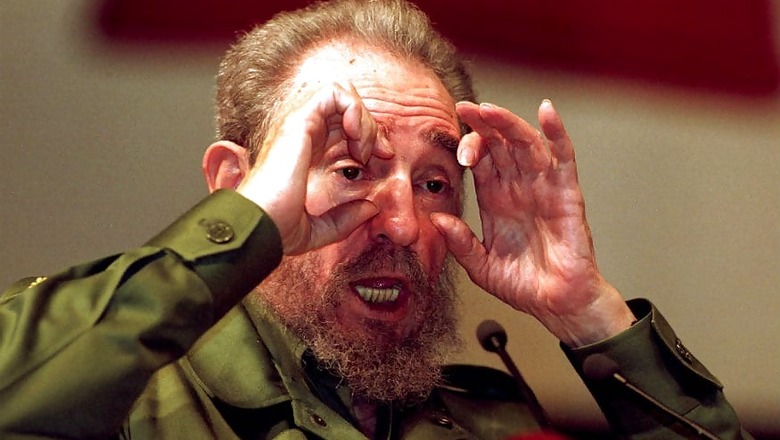
views
Fidel Alejandro Castro Ruz, dearly addressed by all of us as Fidel passed away. The inevitable news reached us this morning and we immediately felt that a huge void has filled our life. A sad, somber mood and a kind of helplessness overtook us. It has been a whole lifetime that we have lived and followed the ideas, the ideals and the path that Fidel had been showing to the progressive forces of the world.
I was a school girl when in 1959 Cuban revolution took place and Fidel came to power. Ever since then, I have been hearing and reading stories of his courageous deeds of challenging the most powerful state. Life and the path that he chose to follow were full of historical events of such dimension and reach that changed not only the course of history in Cuba and Latin America but influenced great masses of young people all over the world. He became the most militant, fearless, undisputed revolutionary leader of the century.
We read how a young lawyer, with a small group of armed men in the boat called Granma landed at the coast of Cuba and in a matter of some days overthrew the US-backed dictator Batista. He had some idea as to what kind of egalitarian society he wanted to build, but as he went around meeting and mobilising the common people around his mission he himself began getting a clearer idea as what they could achieve in reality.
These were the times when he would deliver 9-hour-long speeches to millions of Cubans about his goal, educate them about the land reforms, literacy, and other programmes that the revolutionary government had planned out. At the same time he would go on warning his people about the formidable enemy of the North and explaining them of imperialist designs. These were his strategies to form a people’s army for the defense of the country. It was in this context that the 1961 Bay of Pigs war and subsequent imposition by the USA the trade embargo has to be seen. The defeat of the Americans at the Bay of Pigs made Cuba an international symbol of relentless struggle and resistance against US imperialism.
His programmes of economic alleviation, health care and education began in full earnest. Soon living conditions of the common people improved. As a result, Cuba from being a backward country moved towards a state with highest literacy level and one of the best medical science and health care system.
Latin American Countries at that time were facing the cruelest dictatorial regimes and were governed by the North American puppets. Cuba’s progress, its improved social index and its open doors for the Latin American intellectuals and artists won the sympathy and good will of the Southern continent. Gradually, Cuba became an active centre in the fields of scientific and cultural activities. Casa de las Americas and the Film institute gave opportunities for their creative work to the artists and writers from all over Latin America and Caribbean region.
We, in India, would also hear about these developments and every time there would be talk about Fidel’s interventions, his some or the other historic speech we tried to get it to read. It was in the discussions about the role of the intellectuals and artists in the building of a new society that we learnt about one of his most important speeches known as ‘Address to the intellectuals’.
His discussion with the intellectuals as equals, at one to one level, with give and take attitude, straitened the matter and became a landmark document. We came to know that the cultural policy of the revolutionary government was drawn after that and freedom of artistic expression was the mainstay of the arrangement.
I have lived and studied in Havana, I speak the language, and had occasions of attending some of the events at smaller gatherings where Fidel had come and addressed us. In such places, I managed to shake hands with him and exchange a few words. It had always impressed me that he, despite being seen as a larger than life figure, was always very down to earth. I never felt overawed, people never behaved like sycophants, and he was addressed as either Fidel or as Commandante.
Sometimes it would happen that on the streets people openly complained about some shortage or some temporary inconvenience. I would also hear that on several occasions Fidel would suddenly appear in a school to discuss some change in uniform or certain textbooks. Or he will go to some workplace and interact about peoples’ problems. He always had a great connect with his people. He would often come on TV to explain small things as the advantage of using a pressure cooker to save energy. These actions used to surprise everyone but it brought him close to his people and made him look a common man.
Undoubtedly Cuban revolution has been a source of inspiration for all of us who value freedom and human dignity. Fidel Castro became a leader who taught us that in the face of all odds and all the injustice we have to stand up and fight. Victory will be achieved.
Vibha Maurya is a Professor of Hispanic Studies at University of Delhi.












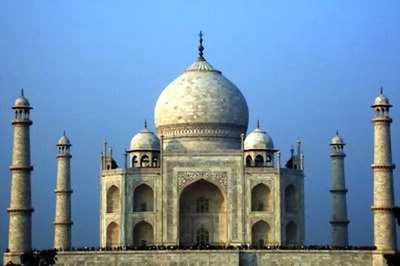
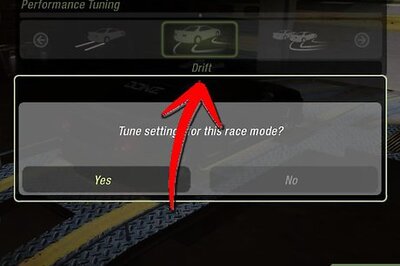
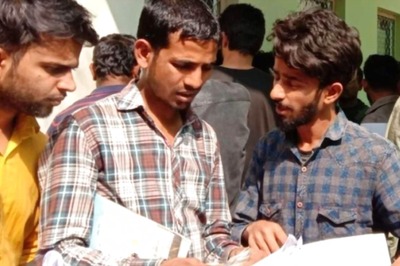


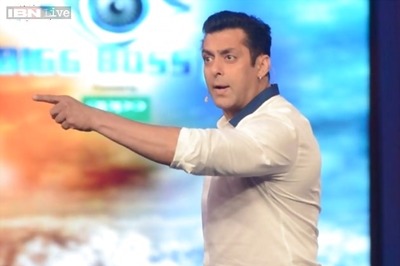

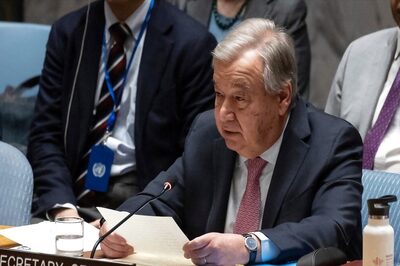
Comments
0 comment